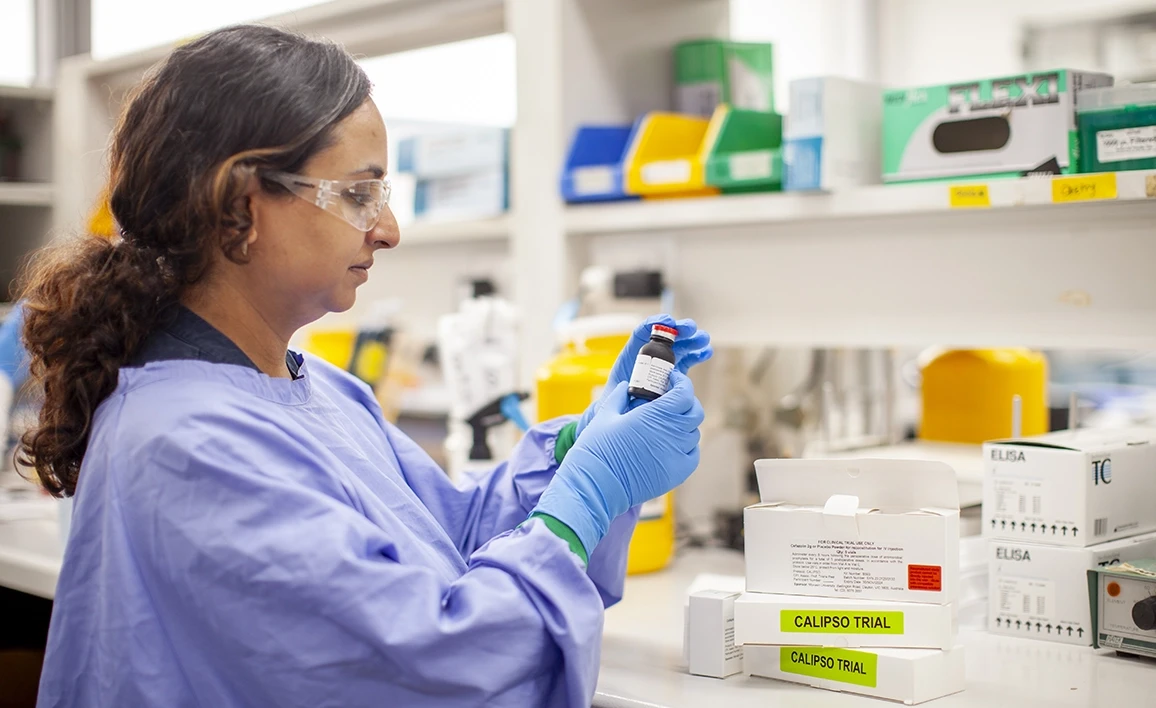What you need to know
The purposes of the ANZCA CTN endorsement process are to:
- promote a high standard of clinical trial design, conduct, analysis and reporting
- increase the competitiveness of grant applications of endorsed clinical trials
- strengthen the brand of the ANZCA CTN and its endorsed clinical trials
- encourage participation in endorsed clinical trials by ANZCA CTN-affiliated sites and investigators
- encourage investigators to use the resources of the CTN office for their clinical trials.
Applications for ANZCA CTN endorsement will be considered for:
- Large multi-centre clinical trials in the field of, or related to, anaesthesia, perioperative and pain medicine, that will involve CTN members and/or the CTN office and resources, to promote the study, source sites and investigators, hold investigator and committee meetings or house a trial manager for the project.
- Single centre or multi-centre feasibility and pilot trials, or other preparatory or observational studies in the field, which are intended to lead to a future ANZCA CTN endorsed large multicentre clinical trial.
Final decisions about the eligibility of an application will be made by the CTN Executive Chair.
Applications should come from ANZCA fellows and/or trainees and affiliated investigators who are closely involved with the planning and conduct of the trial. They will likely be named on the protocol of the trial, be members of the trial committees and/or be named investigators on peer reviewed grant applications. It is recognised that trial governance and titles of roles within the trial governance structure vary. If the role of the applicant is unclear, then the chair of the CTN will decide if the applicant has a sufficiently substantive role in the trial governance.
ANZCA/FPM trainees who apply for CTN endorsement must identify a supervisor among the other investigators who is acceptable to the CTN Executive.
Applications from investigators who are not ANZCA/FPM fellows or trainees will be considered at the discretion of the CTN Executive chair. Suitable applications would be those that foster collaboration between the ANZCA CTN and other trial networks locally and internationally.
Applications for ANZCA CTN endorsement will be made on the approved application form and include a covering letter explaining why their trial should be considered for endorsement. Submitted applications will be checked by the ANZCA CTN Manager and incomplete applications will be returned to the applicants. Study protocols for ANZCA CTN endorsement will be developed in accordance with ICH GCP Guidelines and include:
- The membership of the trial steering committee and administering institution(s)
- The aims of the study and hypotheses to be tested
- A detailed literature review including references
- A detailed research plan
- The proposed budget
- The funding strategy
- Assessment of study size, power, timeline and feasibility
- Demonstration of in-principle support from participating sites
- Consideration of all relevant ethical issues
The CTN Executive chair or his/her nominee will identify two individuals to undertake a review of the application, including at least one reviewer who is a member of the CTN Executive. The reviewers will provide a written report that may include questions, comments and/or suggestions for improvement. The turnaround time for the initial review is 20 working days from receipt of a complete application. Applicants are allowed two weeks to respond to the reviewers’ reports. The reviewers then provide a written recommendation to the CTN Manager regarding endorsement of the study. In the case of a disagreement between the reviewers, the application will be considered by the full CTN Executive.
Trial investigators seeking CTN endorsement prior to applications for grant funding, ethics approvals or other deadlines, are expected to provide adequate notification of intention to submit, with due consideration of the impact of such things as holiday periods on availability of suitable reviewers prior to submission deadlines. Expedited reviews to meet study-related deadlines may be considered but are not guaranteed. Investigators are strongly advised to seek CTN endorsement before the initial grant application rather than during the grant review process or after the trial has commenced.
If a submission for endorsement is rejected the applicant may seek reconsideration or review of the decision, or appeal the decision, under ANZCA regulations.
Applicants are strongly encouraged to present their proposal at an ANZCA CTN Strategic Research Workshop. Initial presentation at an early stage of development and re-presentation of refined proposals at subsequent meetings are strongly encouraged. Presenters will be asked to identify their intention to seek endorsement when they submit their abstracts for the Workshop. This will allow the CTN Executive Chair or his/her nominee to identity two reviewers who will be present at the Workshop to take notes that will inform the review process. Presentation at an ANZCA CTN Strategic Research Workshop is not an alternative to a written application.
The trial steering committee is responsible for obtaining resources and conducting the study in accordance with endorsed protocol and in compliance with ANZCA policy and codes of research conduct (e.g. the Australian Code for the Responsible Conduct of Research produced by the NHMRC), including obtaining approval for the study from a recognised ethics committee. The CTN Executive will consider the strategic objectives of the CTN and optimal deployment of CTN resources when considering applications for trial endorsement. Considerations of such things as appropriateness of research question and methodology, public interest, and competing priorities among investigators and studies, will be made. The CTN Executive will retain to discretion to endorse or not endorse protocols based on these considerations.
Endorsement of a pilot study does not mean automatic endorsement of a subsequent full study. Endorsement of a full study does not mean endorsement of subsequent sub-studies and post hoc analyses. A progress report, in the form of a presentation at the ANZCA CTN Strategic Research Workshop, must be offered annually.
CTN Executive reserves the right to withdraw endorsement at any stage should the study not progress adequately, if it is not being conducted in accordance with these conditions, or if irresolvable conflicts of interest arise.
Investigators must not indicate in a grant application that the study is endorsed by the CTN unless formal endorsement has been provided in writing by the CTN Executive.
NHMRC funding: Applications for CTN endorsement of trials from investigators intending to apply for NHMRC grants in the next upcoming funding round are required to submit their protocols including core data set plans to the CTN Office prior to the last meeting of the CTN Executive for the calendar year, for consideration by the Executive, or formal endorsement may not be considered prior to funding application deadlines. Late applications under extraordinary circumstances or for funding to be sought outside the NHMRC funding cycle e.g. MRFF calls for submission, will be considered at the discretion of the CTN Chair. Commercial funding: Financial or in-kind support from commercial entities may be acceptable, but only if the trial steering committee retains complete and enduring scientific independence and ownership of data and intellectual property. This must be established in a contract or agreement with the commercial entity. The CTN Executive may reconsider endorsement if such contracts and agreements are signed which were not part of the original proposal.
Various levels of office support are available to principal investigators (PI) of CTN endorsed trials.
The CTN office has developed a document outlining support packages and funding models available to chief investigators of endorsed trials. This will allow investigators to adequately budget trial specific support from the CTN office in their grant application before they submit their grant application.
CTN Endorsement for large multicentre trials where substantial grants are being sought from funding bodies will require appropriate financial support for the CTN office in their budget. The level of support should reflect the expected level of involvement of the CTN Office in the trial, which includes support and mentorship for principal investigators, trial managers, and site investigators and coordinators, assistance with ethics and site governance submissions, site initiation, and access to the CTN mailing list and promotion of the trial throughout the College (e-news, bulletin, ad-hoc reports, promotional material, ANZCA ASM and Research Foundation).
Applicants will need to contact the CTN manager to get a copy of the full endorsement guidlelines and application form, and to discuss CTN office level of support and budget.
Applicants will need to send a copy of the completed application form and a copy of their CV to [email protected].
CTN endorsed studies
The CTN developed the first endorsement guidelines in 2012 and officially began endorsing studies in 2013. Explore the studies we have endorsed over the decade.
Explore this section
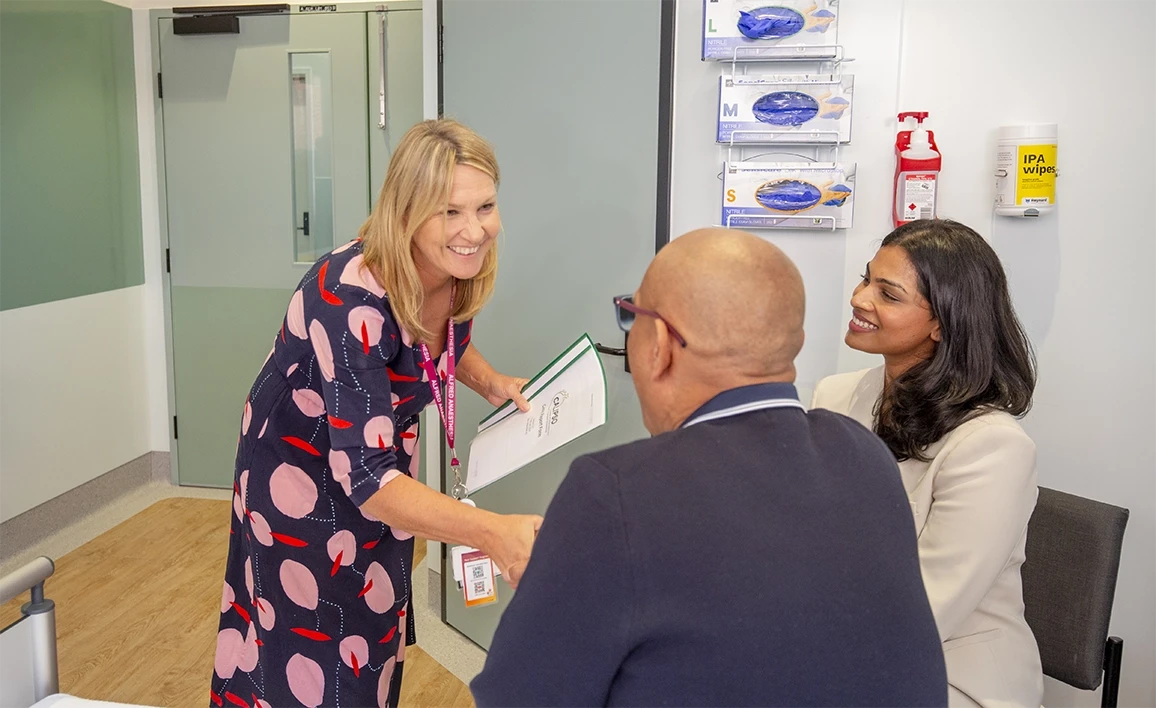
Explore our resources for initiating CTN trials, with guidance on feasibility, governance, and coordination to support successful participation in CTN studies.
.webp?language=en)
Explore our resources to support your journey, from developing your research idea or grant application, to getting published in anaesthesia journals.
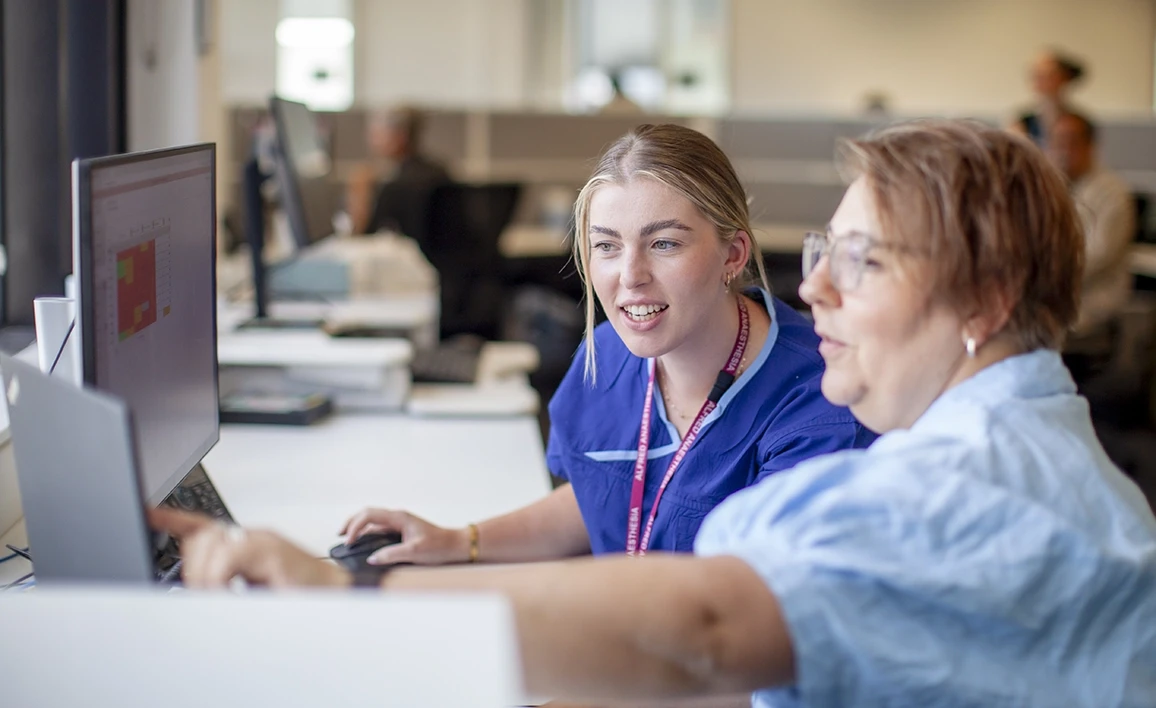
Explore our resources, networking and mentoring opportunities for research co-ordinators.
.webp?language=en)
Explore guidance from CTN members on building a sustainable research department and employing a research co-ordinator.

GCP is the global standard for ethical trials, with courses covering design, conduct, and reporting.
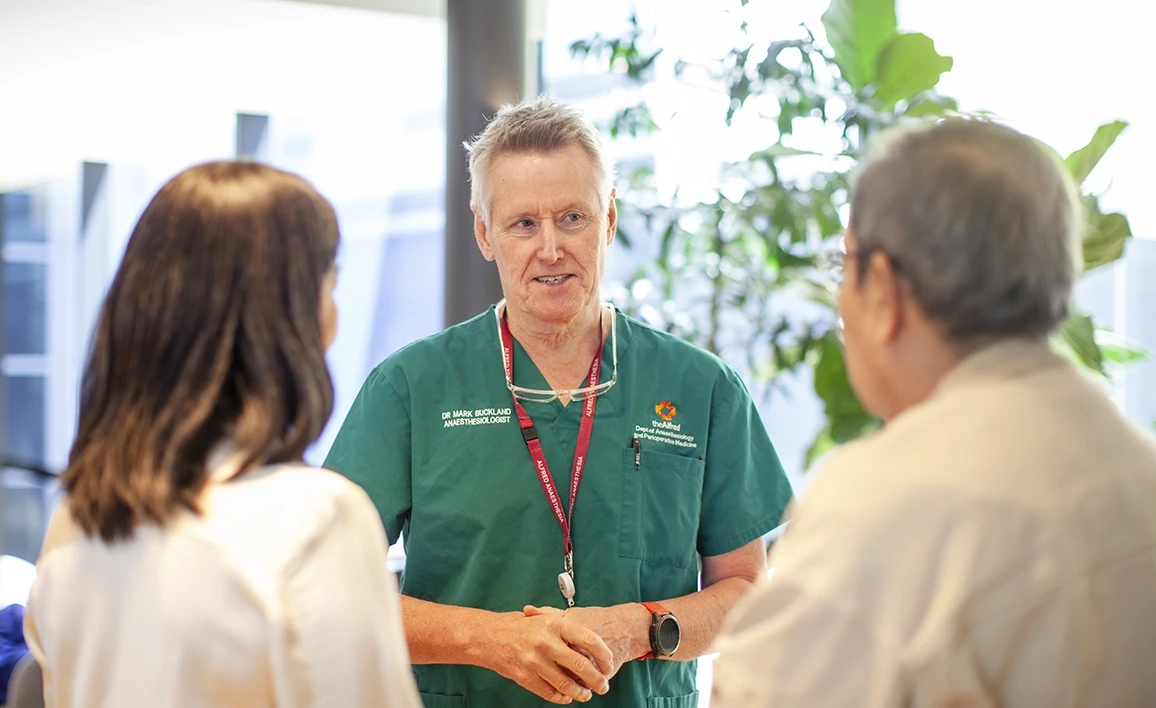
Our network of fellows, trainees, and research co-ordinators advance patient care and safety through multi-centre research.
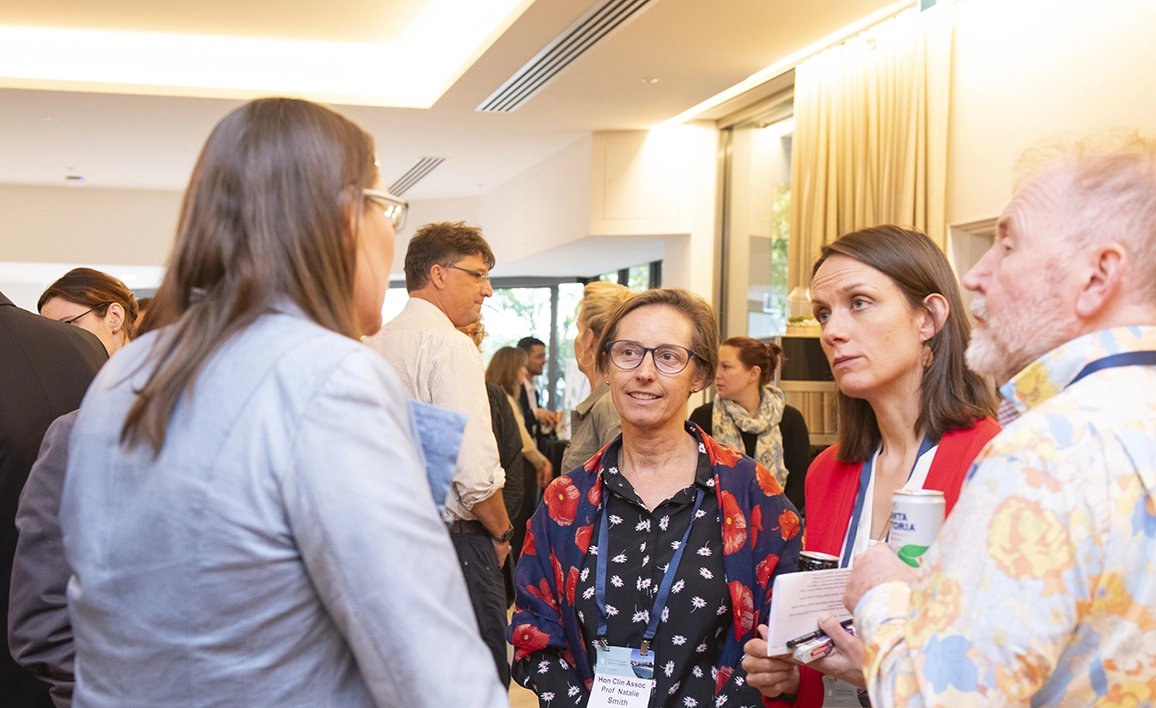
We provide resources, mentorship, educational, collaboration and funding opportunities to emerging investigators.
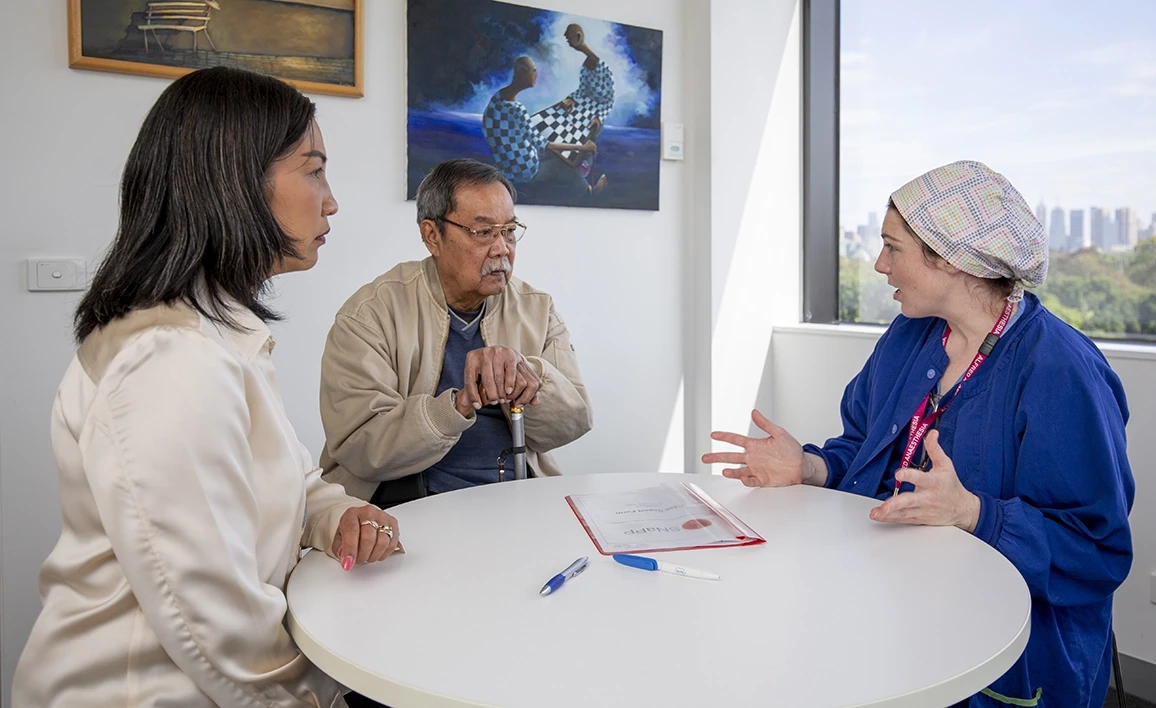
Find out what clinical trials we're working on and how your site can get involved, and explore the major findings of our published trials.
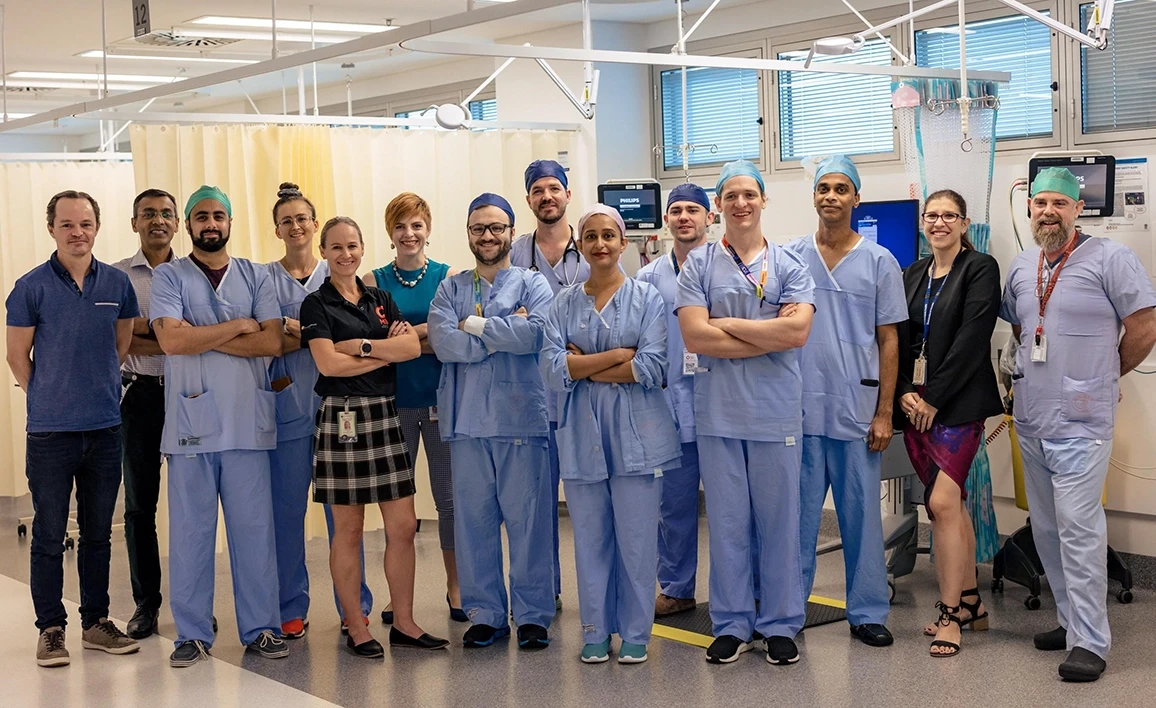
ANZCA clinical trials are conducted at over 120 hospitals, bringing together world-leading experts in anaesthesia research to advance clinical care.

Our leadership teams provide the strategic direction and support for the ANZCA Clinical Trials Network.
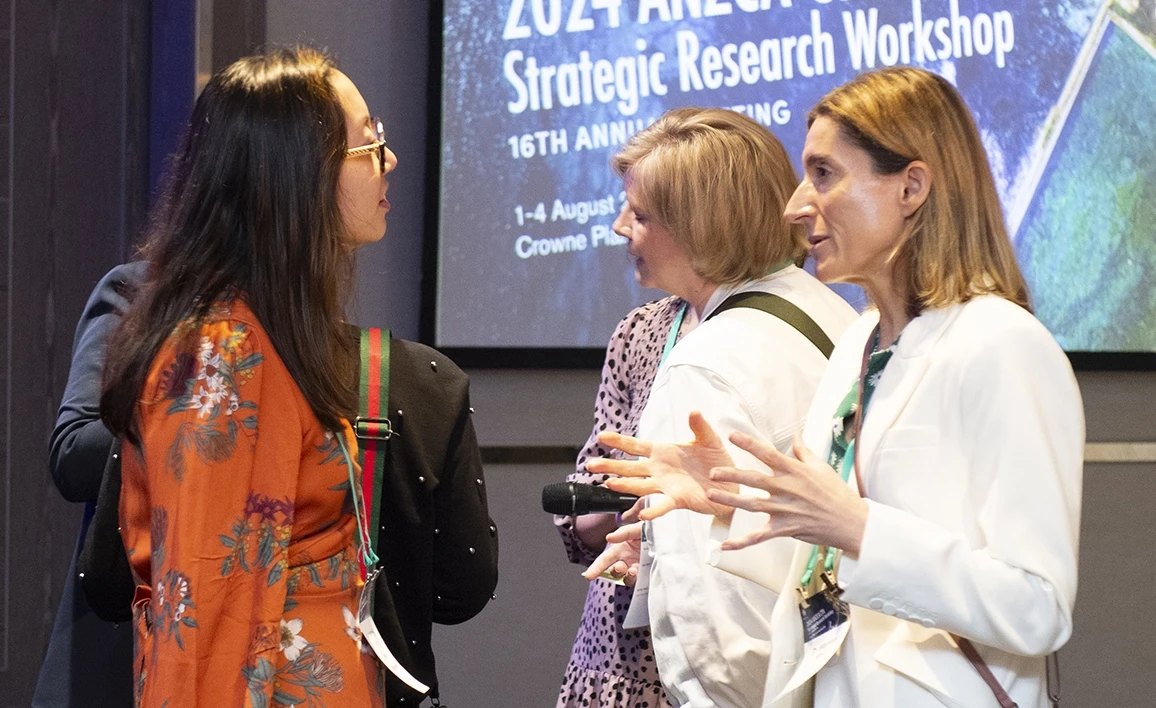
Explore upcoming events and conferences in the clinical trials sector.

The pilot grant scheme provides seed funding for exploratory studies, helping assess feasibility, refine methods, and secure grants for large trials.

The mentorship program fosters high-quality clinical research, leadership development, and succession planning within the CTN.

Record attendance, late breaking trial results and future focused debates. Explore highlights, photos and videos from our workshop.
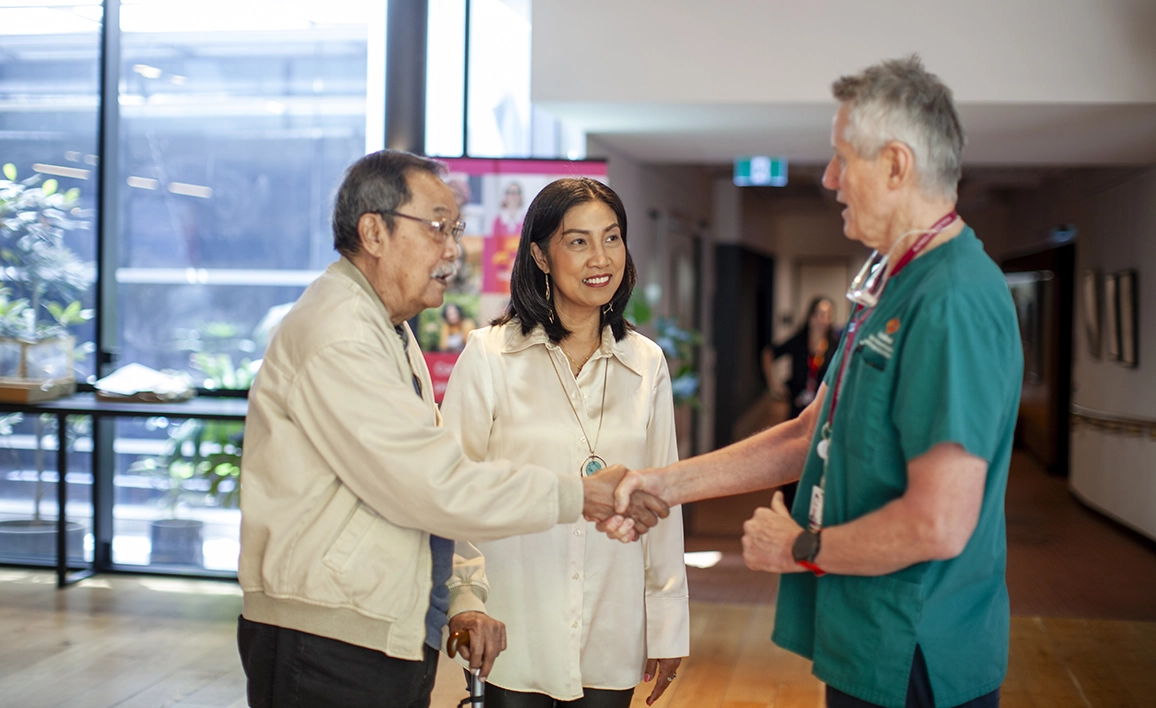
The foundation dedicates around $A1.5 million to medical research each year; supports our Indigenous health and overseas aid activities; and raises the profile of college-supported research.

